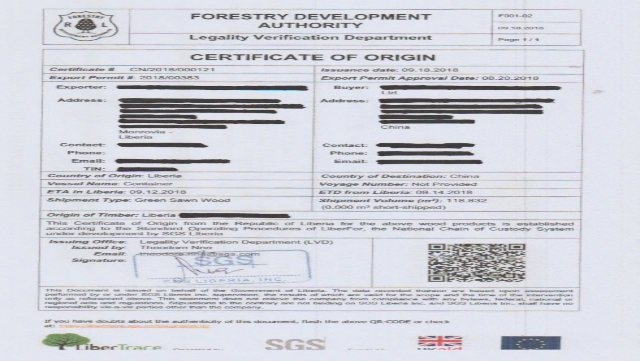The Non-Detriment Finding (NDF) is an essential document in the international trade of endangered species. Under the CITES Convention, an ACNP is a scientific certificate issued by a country’s competent authority. It certifies that the export of CITES-listed timber will not harm the survival of that species in its natural environment. It is a fundamental tool for ensuring that timber trade is both legal and sustainable.
The challenges for the timber industry
For Central African countries, which are major timber producers, ACNPs are central to responsible exporting. They present a twofold challenge:
- Environmental: They protect vulnerable forest species from overexploitation and reinforce sustainable forest management efforts.
- Economic: They are a prerequisite for access to international markets. Without an ACNP, the export of these species is prohibited. Compliance with this requirement helps maintain the competitiveness and credibility of companies in the sector on the world stage.
Read also : Cites tightens the noose on the tropical timber trade
Concrete examples in Central Africa
Several species of precious wood from Central Africa are covered by CITES regulations and require an ACNP. This is the case for Wengé (Millettia laurentii) and Afrormosia (Pericopsis elata), two species highly prized for their quality. In order to export them, a company in Cameroon or the Democratic Republic of Congo must first obtain an ACNP, proof of its commitment not to compromise the future of these trees. This process ensures that the timber industry operates in accordance with international conservation standards.
Source : CITES
Vanessa Ntoh








